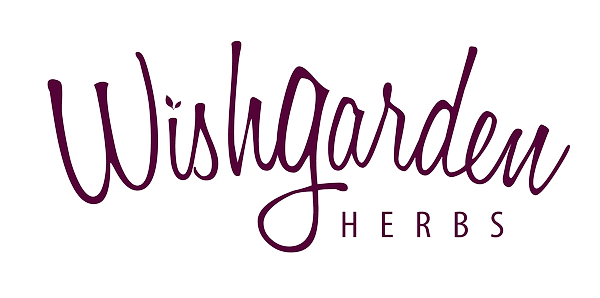
Remedies for the Golden Years: Restful Sleep
Written by Danielle Cicak, MNTShare
Restless sleep — defined as the inability to achieve sufficient restorative sleep despite adequate opportunity — affects approximately fifty percent of the elderly population. Given the prevalence of the problem, it may seem as though struggling to get restful sleep is a normal part of aging, but to the contrary, lack of quality sleep can negatively impact several different measures of health and quality of life.
Conventional treatments for sleeplessness aim to provide relief in the short-term, so as not to create long-term difficulty in ceasing medication. One class of pharmaceuticals often prescribed, benzodiazepines, has been shown to decrease lean body mass while increasing body fat, ultimately increasing the time necessary to detoxify the drug from the body. Additionally, sleep is often worsened within 1 to 2 weeks after discontinuation of use. Of major concern to the elderly are side effects ranging from daytime sedation to dizziness, falls, hip fractures, and car accidents.
It might seem that natural approaches to sleeplessness would reign superior, but many natural sleep aids contain melatonin (the "sleep" hormone) and/or sedative herbs (Valerian, California Poppy) — both can leave an uncomfortable feeling the next morning. This raises the question, "What's the best approach to achieving restful sleep?"
In my experience working with clients, family, and friends struggling with poor sleep, there's one common denominator that's often overlooked: stress! In today's world, it may seem that stress is not something that afflicts the elderly (usually retired) population, but consider that our stress responses over time can negatively affect our long-term stress hormone, namely, cortisol.
Cortisol is primarily known for its role in our long-term stress response, but it also plays a crucial role in regulating our circadian rhythm (sleep-wake cycle). In fact, cortisol levels in a healthy individual are highest first thing in the morning, following the rise of the sun. As we approach noon, cortisol levels decline, but receive a slight boost after refueling our bodies with lunch before declining to the lowest level in the day, after sunset.
Our bodies do not differentiate between different forms of stress. Regardless of where the stress is coming from or how it's perceived by the individual, long-term exposure to cortisol can throw our circadian rhythm out of balance. While cortisol levels can easily be measured by a saliva test with samples taken at different times of the day, it's often not covered by health insurance or even suggested by physicians. If measured, one might observe spikes in cortisol levels in the late hours of the night (10pm - 4am), which may coincide with the individual's recount of their own times of sleeplessness and/or waking in the night.
Whether you're dealing with a temporary and mild form or a more extreme consistent lack of sleep, my favorite approach to getting that much needed deep, regenerative night's rest is the same: gentle nervine herbs that support a healthy stress response. It's common to find Passionflower in combination with other calming herbs, but the synergistic relationship between Passionflower and Skullcap is particularly helpful in calming an over-active mind, a common symptom of cortisol imbalance. Hops, best known for its role in adding flavor to beer, is another herb used for calming mind chatter. Hops is documented in European literature for its aid in sleep as early as 1079. These three herbs are found together in WishGarden's Sleepy Nights, a remedy formulated to promote restful sleep without the groggy feeling the next day!
References
- "Mountain Rose Herbs: Hops Flowers." Mountain Rose Herbs.
Writer Danielle Cicak is the Northern Colorado and Wyoming Sales Representative and Regional Educator for WishGarden Herbs located in Louisville, Colorado. In 2003, Danielle began her career working in the supplement aisles at Natural Grocers. Inspired to help others with their health and wellbeing, she pursued an education in holistic nutrition from the Nutrition Therapy Institute in Denver, Colorado. As a Master Nutrition Therapist (MNT), Danielle served as a Nutritional Health Coach (NHC) before advancing to become the NHC Development Specialist where she led and developed the NHC training program for Natural Grocers. As a Colorado native, Danielle is thrilled to work with another local, family-owned business that promotes health and activism through education: WishGarden Herbs! In her free time, she enjoys spending time with family and friends, creating healthy dishes in her kitchen, and enjoying the beauty Colorado has to offer!
For educational purposes only. This information has not been evaluated by the Food and Drug Administration. This information is not intended to diagnose, treat, cure, or prevent any disease, or to sell any product.

















